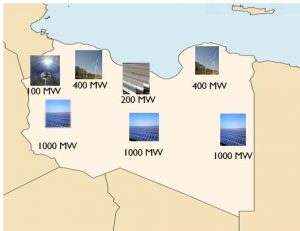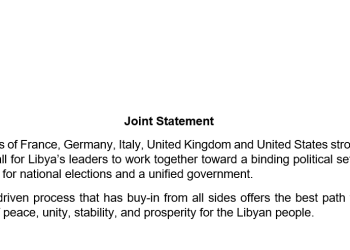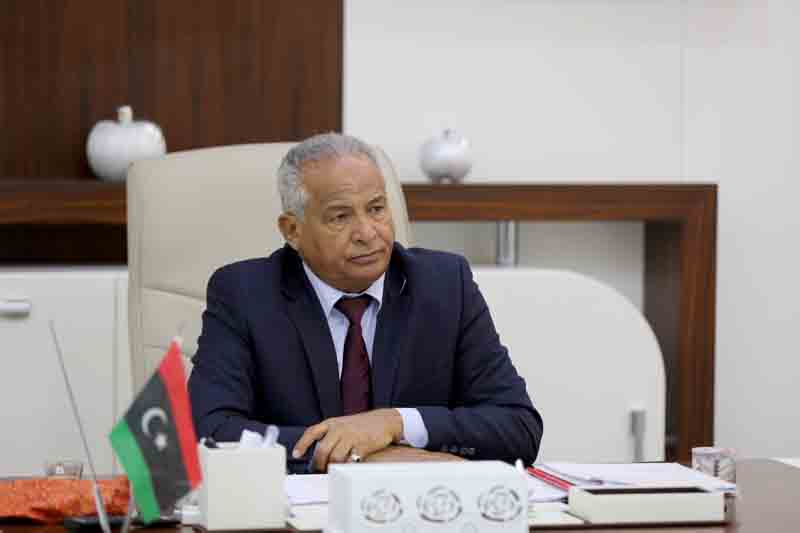By Malak Ali Altaeb.

Tripoli, 24 July 2017:
Renewable energy is currently the gate to the future. Europe and the United States are taking big steps towards the continuous use of alternative resources for sustainability and unending development. Growth in clean energies is unstoppable, as reflected in statistics produced in 2015 by the International Energy Agency (IEA): they represented nearly half of all new electricity generation capacity installed in 2014, when they constituted the second biggest source of electricity worldwide, behind coal.
Libya as a country in the MENA region is full of capacity and potential. The country’s geography influences its development socially and culturally. Although it depends solely on oil and gas production, it can totally shift to eco-friendly industries. Starting a renewable energy revolution in the Libya can benefit the economy and society in many ways.
Unfortunately, Libya is suffering from continuous power cuts due to the overload on some stations and the damaged areas by conflicts. It started with few hours to days without electricity. It made life unbearable at some point. The positive part is that awareness in this field and environmental stability and policies is increasing which can lead to possible actions.
If Libya shifts to renewable energy, it will stabilize the country economically and socially. Renewable energy sources such as windmills, water turbines, and solar panels can save power consumed using coal power generators and can greatly help the environment.
One of the things which can be considered as a good start to shift to renewable energy industry is the use of bioenergy which will lead to more control of garbage disposal and re-used degradable garbage in landfills. It only requires big landfills and awareness about re-using and recycling among Libyans. Garbage must be categorized and biodegradable substances can be separated to later be disposed correctly in order to enhance the quality of soil and revive the soil cycle again. This can be implemented in every house in Libya.
Many people claim that the cost of alternative energy is high because of the current economic decline in Libya, but waiting won’t change anything. It will, in fact, make it worst. It will reduce carbon emissions and by-products. Moreover, it will increase employment rate and provide jobs to so many. It will attract students to pursue a career in it because of its high demand globally. Lastly, it will provide energy security of supply and reduce dependence on some sources.
Malak Ali Altaeb is from Tripoli and a member of the Libyan Youth Climate Movement (LYCM) and blog coordinator for Arab WIC (Women in Computing). She is a chemical engineering graduate and is currently working as an English teacher.











